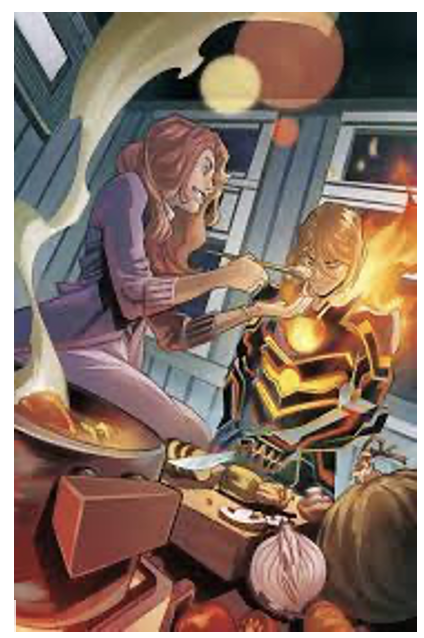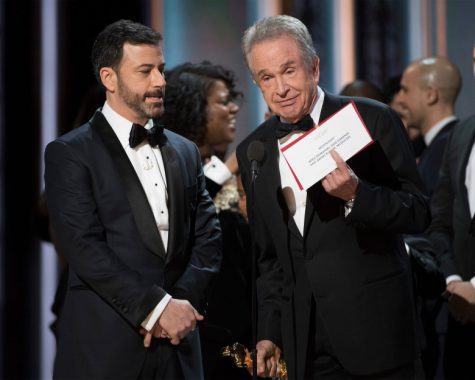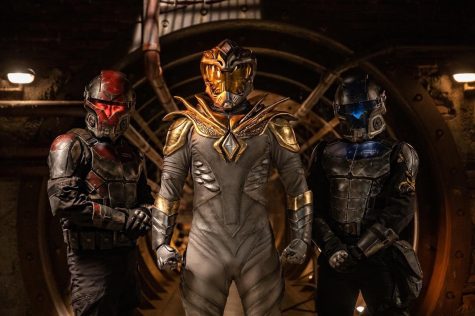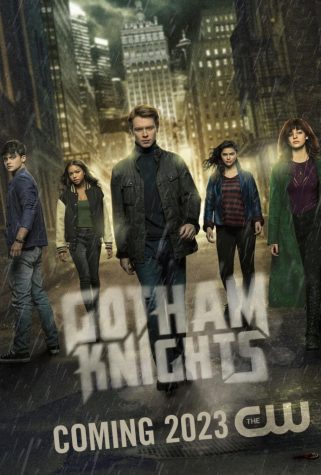Rogue Sun Comics Addresses The Reality of Growing Up With Divorce
WARNING SPOILERS Below for Rogue Sun Volume One Cataclysm
My parents divorced before I even started high school. I suppressed a lot of it or didn’t pay attention. I’ve made peace with that. But back then, I was impulsive, and I lashed out occasionally. But acting out and treating some new people in my life poorly wasn’t excused by any of it. I said and did things without a right. I mostly grew out of it and realized how certain things and people in my life wouldn’t be okay with each other.
I still had a healthy distraction growing up, comics books. Which didn’t pay off till very recently. I’ve known other people with divorced parents, heard jokes, and seen depictions of it. But nothing connected with me, and I didn’t look for anything that could. Any source of reflection that made me acknowledge those circumstances of my life was something I avoided.
What I’m going to summarize and recommend was different from what I expected.
I expected twists yet to have so many things in common with what I read before. I guessed correctly, and it was a story about a bitter boy who gets what he doesn’t deserve. Rogue Sun shone a light on something I was ready to leave in the dark. It made me feel disappointed in my past self and brightened up the present.
I was looking for something cheap to read on my phone during the holidays. I browsed through a sale and found Rogue Sun. I knew things could be heavy or deep when it comes to comics. They can reinvent and address specific things about humanity for infamously complicated stories. Ones with heroes or characters whose progress feels earned, especially when the story takes so long to tell. A review by the known showrunner and storyteller Eric Kripke stated that this was one of these stories. I took his word for it after being tempted by the price. I’ve bought more volumes for higher costs.
I had some reservations because of the premise. But even with the standard tropes, Rogue Sun blazed a trail. A kid with a chip on his shoulder gets a legacy from his dad, who left when he was two.
So a seventeen-year-old bully in New Orleans is Rogue Sun. The boy Dylan Siegel is bitter, and his sentiment doesn’t come in spades. Especially when he meets his father’s new family, one he doesn’t respect but resents heavily. You can’t even blame them when they act behind his back. There’s the mystery of his father’s killer and learning to be a protector. His mother, however, sprinkles in comments about his father. How she was treated and how he was as a man. Dylan’s father, Marcus Bell, is now haunting him as he wears the mantle.
Not figuratively but literally, trying to be his mentor as a spirit.
Along the way, trying to explain himself. From choosing Dylan to be his successor out of his other children because he liked him the least. He left his first son to protect him, yet found love again and had two more kids. He left his first wife because he wanted to. He was then trying to be in his son’s life years later, with Dylan’s mother refusing. He told her he respected her raising their child but that nothing, especially her, could stop her from seeing his son. It leads her to make a deal to gain her own power and kill him herself.
She did, however, use the excuse of protecting Dylan the entire time. She did it to hurt his father and hid what she did. She knew what role Marcus played in the city—being unable to address the fact that she didn’t trust her child and who he would want in his life. To her, if Dylan knew anything about his father, he would choose a life with him. Marcus claimed she was clingy and jealous the entire time they were married. And with her actions all these years later, it is likely the truth. The paranoia and desperation for affection match her malice.
Eventually, it all escalates into one fight. The end of the arc for everyone involved hit me. The entire scene is written and drawn to represent the ugly fights that parents drag their kids into. One where the kid hears every lie the parents convinced themselves is true about the other on purpose. There’s no proof, just more resentment forced on Dylan. His mother states that his father never loved him.
Parents do try their best, but what they have to share are just their claims. Thinking they’re a form of ranting is doing their child favors and picking one of them. That’s the sign that someone won, while the child lost. In every word, there’s the conviction it’s the right thing. It’s not a hell of a choice and just torture. They’re clawing at each other desperate to hold something over the other.
There’s a panel showing something too familiar for me, but it works wonders for the book’s effect. It captured a moment that hurt me when I was younger. They only say it because they’re caught in the moment. The panel is horrifying due to Dylan’s mother killing once again. She tells Dylan that, like his father, he would use people and throw them away. This isn’t just a comparison, just a cold-blooded statement.
They throw their mess on Dylan, and he does break away from that. He ends the fight and, for now, gets them both out of his life. His mother ends up paying for her crimes, and he gets rid of his father’s spirit. But he misses what used to be there, hearing both their voices.
The author, Ryan Parrott, grew up with his parent’s divorce, and things never improved between them. I listened to a few podcasts about how he used those circumstances as inspiration. They’re practically right there on the pages. I can relate, but I can’t say the specifics and how accurate it is. Like, say, who it was in my life, but I’ve barely talked about it. I’ve grown up, and some things are more than strained, but I love my parents. They’re not evil, and they’re not trying anything. There’s a subtle confrontation I’ve put off for a while, but this can help me through it. I don’t know if I want to see the truth, but I’ll pry.
In the meantime, I’ll follow this series to see someone else’s development and discoveries.
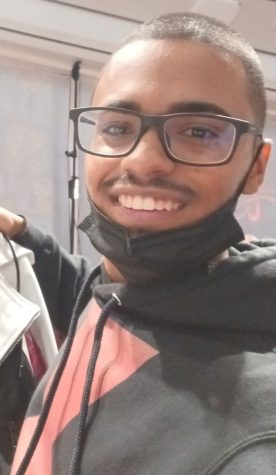
Edwin Gonzalez is a Senior Media Major. Trying to shift from creative and essay writing to entertainment writing and reporting. He writes under Empathic...



